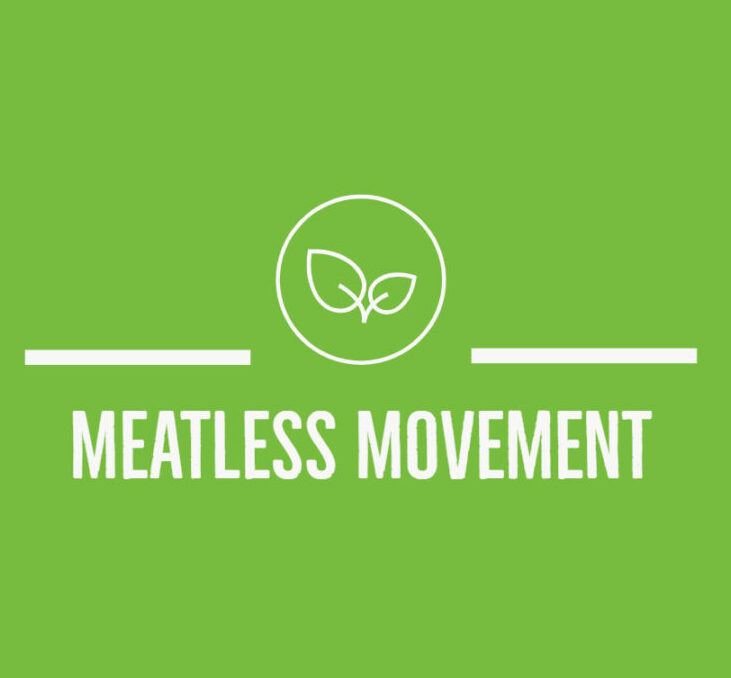Alessia is a passionate advocate for conscious eating, dedicated to spreading awareness about the profound impact of our food choices on health, the environment, and the well-being of all living beings.
With an insatiable curiosity as her driving force, she believes in the power of experiential learning, valuing practical knowledge over mere words. Alessia finds strength in her willingness to challenge herself and offers diverse perspectives on life’s journey.
A fervent traveler, she finds joy in exploring nature’s wonders, immersing herself in different cultures, and embracing the unpredictability of life.
Meatless Movement recently had the opportunity to chat with her.
Alessia’s greatest passion lies in fermentation, and she dreams of cultivating fruits and vegetables using agroecological techniques to nurture the Earth and create delicious, sustainable meals.
Please tell us more about yourself
Hello, my name is Alessia, I’m a 28-years old content creator from Italy, living here part time and traveling when projects or studies related to food call me somewhere else.
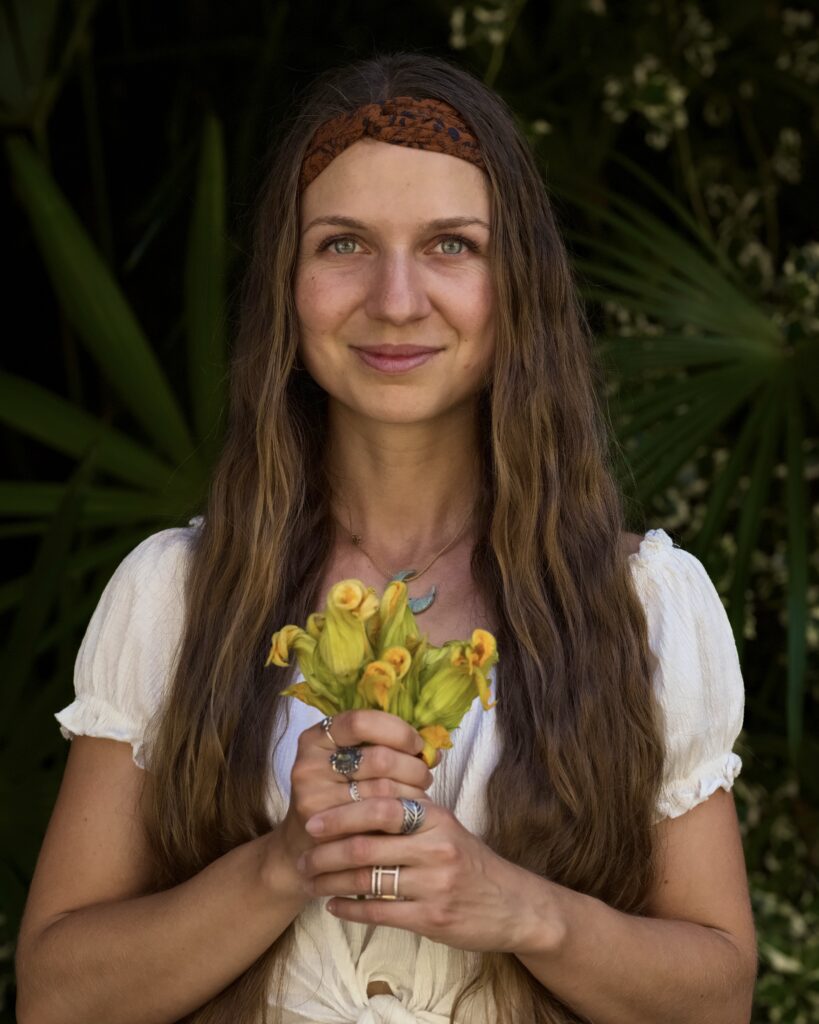
I am vegan since 2016. Before that I struggled with anorexia, which lead me to do a lot of research around food. I came across “The China Study” and “How not to die” by Michael Greger, two books that made me reflect a lot about my dietary habits.
Another factor that I find important to mention is that several people close to me had cancer, therefore, when I learnt that I could use the food as a form of prevention, I was in without hesitation.This is what made me transition and still something I pay attention to, but now, with all the information I collected since becoming vegan and learnt about what is going on in the animal industry, the number one reason for me being vegan, is definitely for the animals.
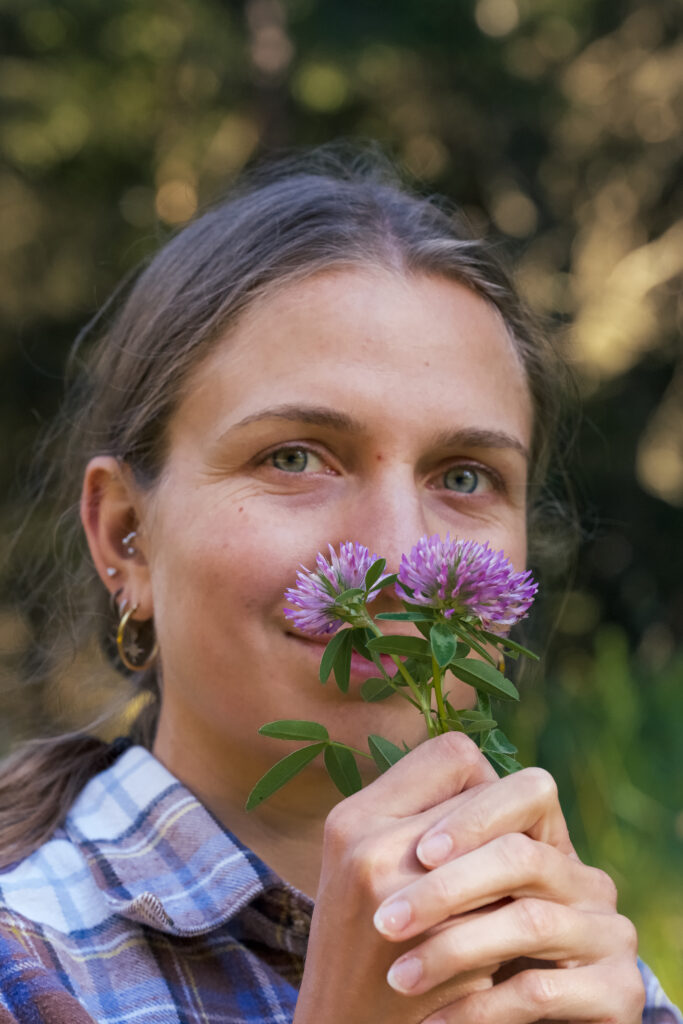
What obstacles do you encounter when seeking vegan food or dining out with friends?
Honestly, I never had problems finding vegan food, even though I traveled to many places since I am vegan. The biggest trip I took in these years was a 12 months long solo travel in 10 different countries: from Mexico to Guatemala, from Costa Rica to the US and then South East Asia: Myanmar, Vietnam, Maleysia, Indonesia, Thailand and Cambodia. In all these countries (+ more I traveled to during different trips) I never had any issue finding vegan options, actually I really enjoyed tasting different cuisines and learning that each of them has naturally vegan traditional dishes.
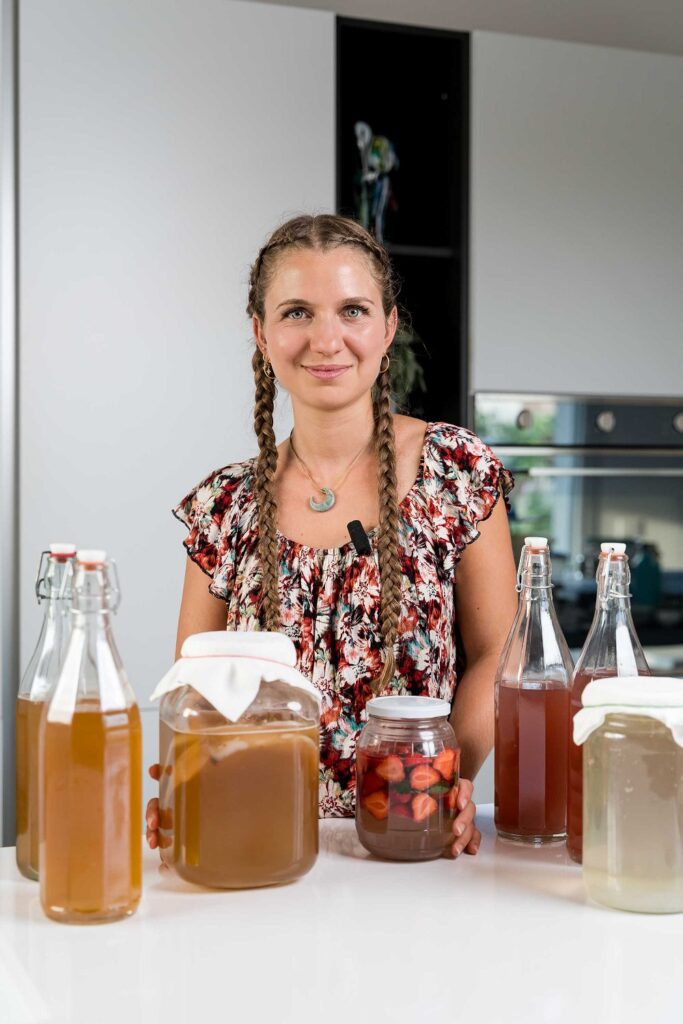
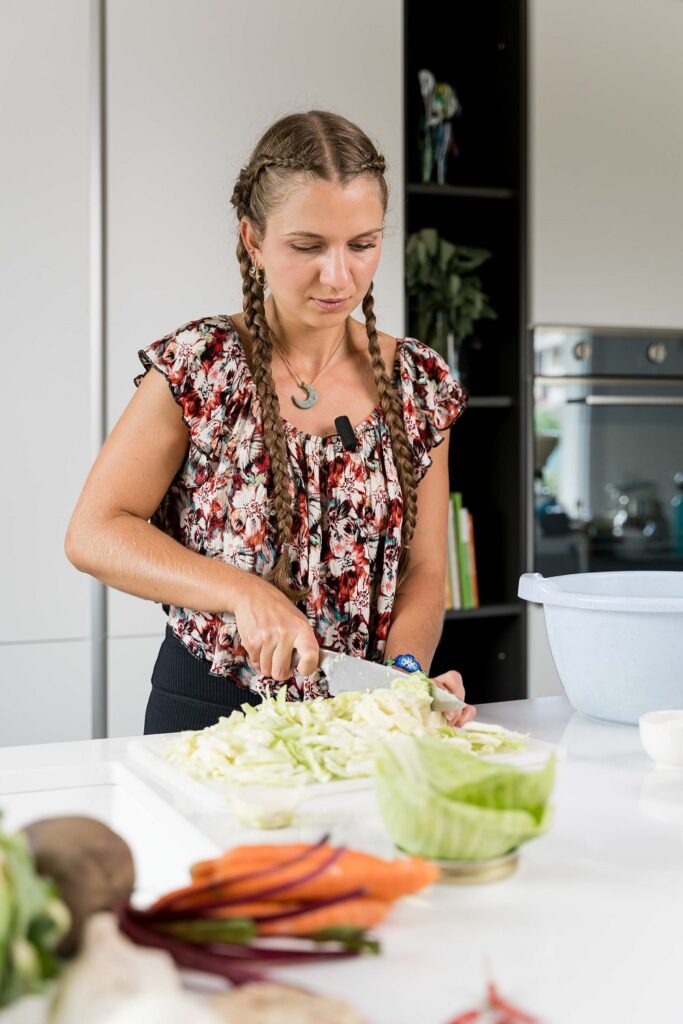
How might you encourage someone who hasn’t embraced a vegan lifestyle to give meatless food a try?
I feel at peace, because I know my actions reflect my values, aka no living being suffers or is killed to be on my plate. Becoming vegan is definitely the single best decision of my life.
Alessia – the vegan side of the Moon
That’s basically what I do for a living 🙂 I love to cook tasty meatless dishes and share the recipes on social media – or with guests, during my cooking classes or back when I was working as a chef in a resort – to show how easy, yummy and not necessarily expensive it is to eat plant based.
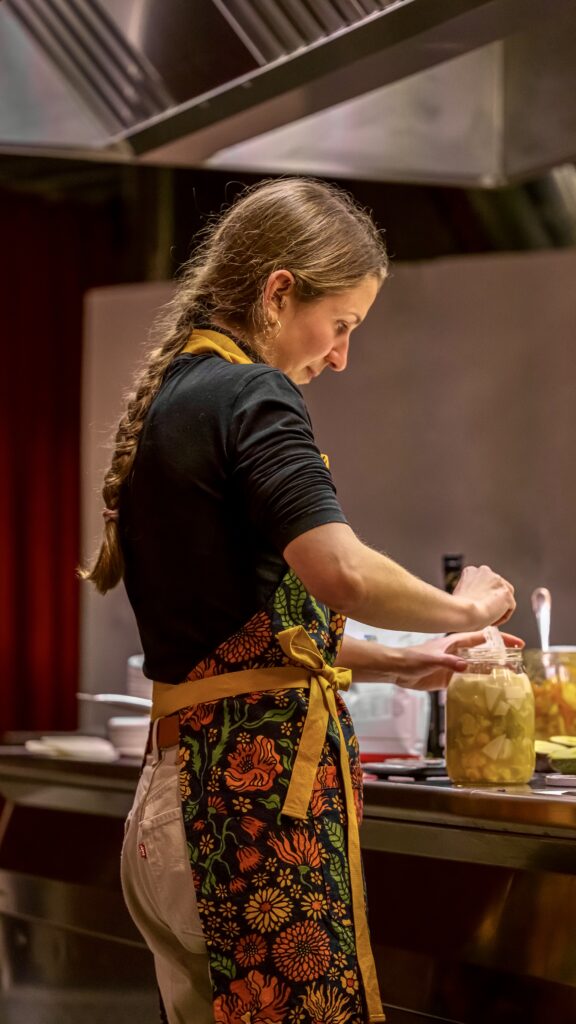
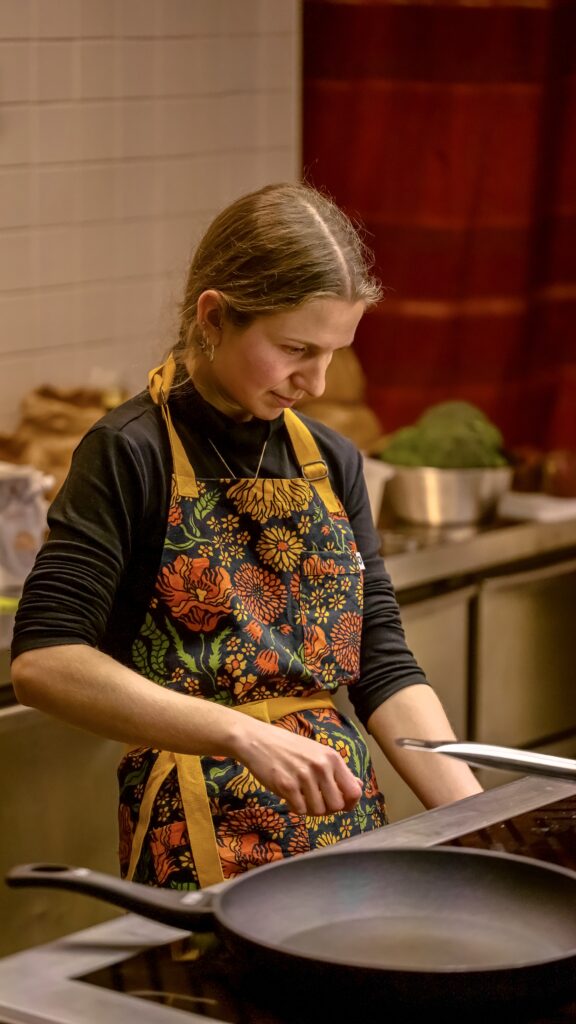
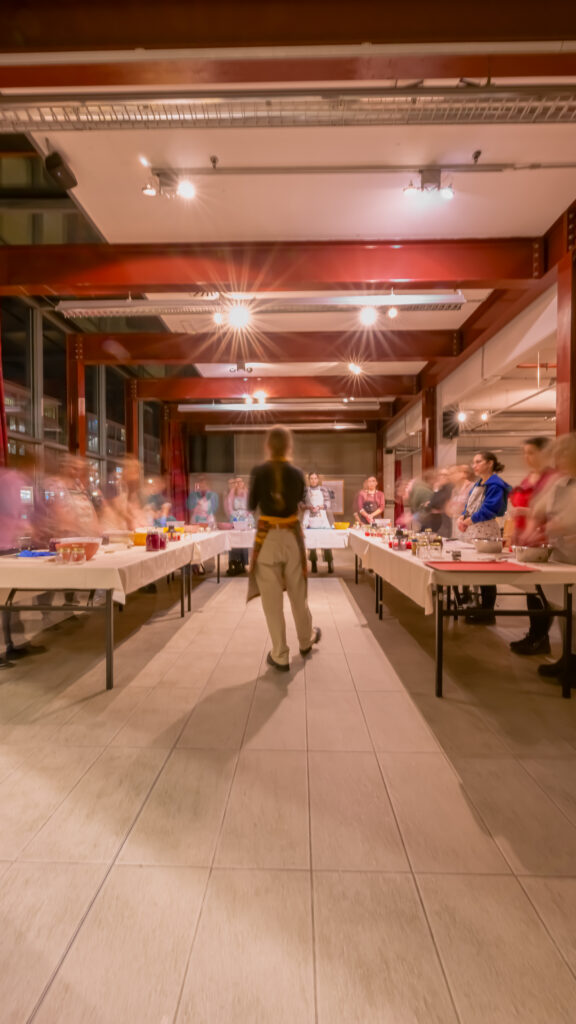
One of my all time favourite veganized dishes is lasagna, I like it even more than the animal-based version. The recipe is quite easy and the result is incredible. You can find the reel of the recipe here: https://www.instagram.com/reel/C09h4F-oP_s/
–– Use the translate button for the english version 🙂 —
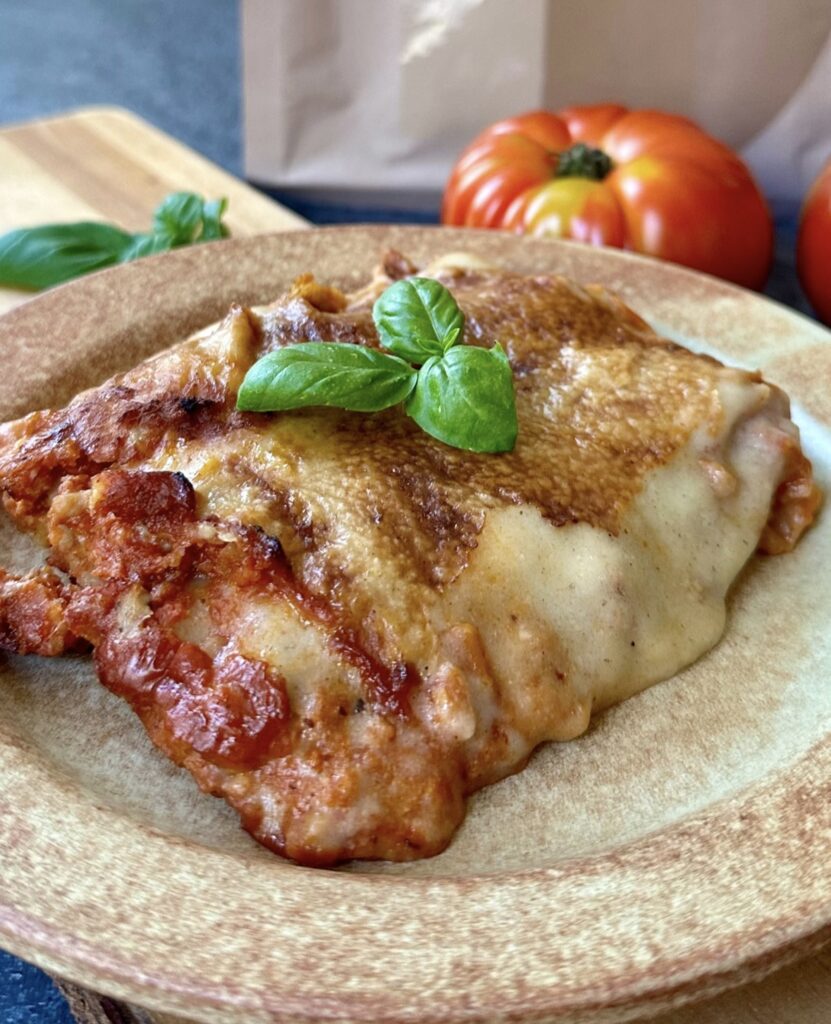
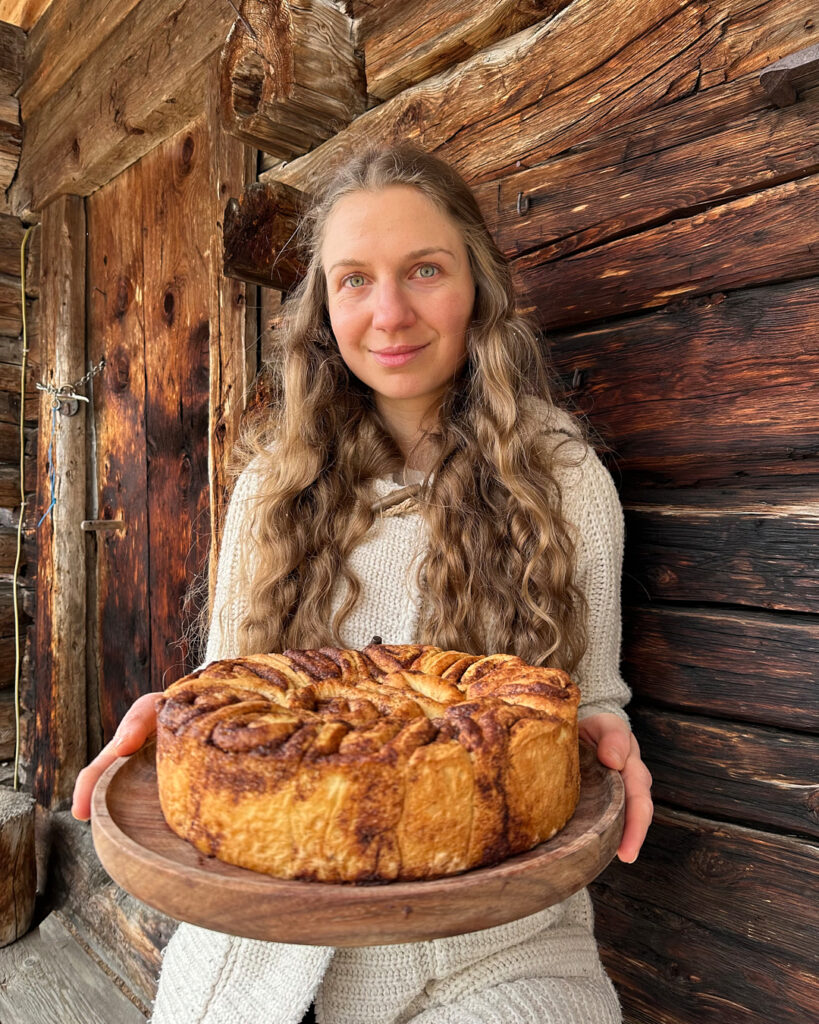
Do your research, watch documentaries, ask questions and do the best you can, even though that means for you to have one meal a day. Every little step counts! But most importantly, don’t be afraid to question traditions and habits, because changing your mind and actions about something once you learn new information, is evolution, not incoherence.
What are some misconceptions about a vegan?
I think that one of the biggest misconceptions about being vegan is that the plant based diet is expensive.
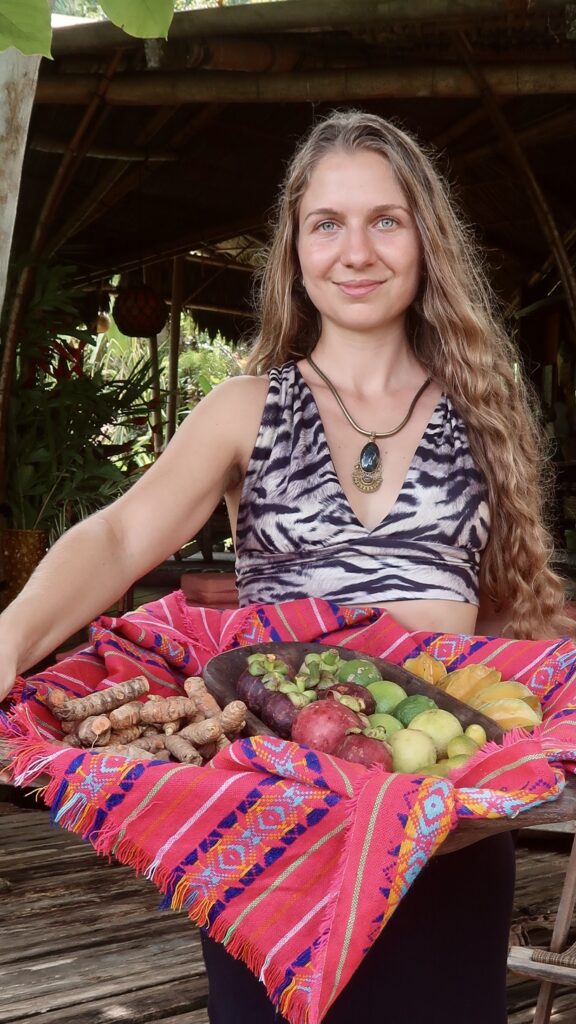
And this is far from the truth, because the staples of a vegan diet are usually cheaper than most animal products, which tend to be the most expensive items in supermarkets. Plus, grains, pulses, fresh and dried fruits, vegetables, seeds and nuts are intrinsically vegan food items that are consumed by people whether they’re vegan or not.
Another misconception I encountered quite often is the belief that the vegan diet lacks nutrients and vegans are at risk of protein or other deficiencies. Also this is a myth very easy to debunk.
In fact, the only nutrient lacking in a vegan diet is vitamin B12, which is produced by bacteria and in the past was naturally found in soil and more reliably present in plant foods.
Be the change (and the love!) you wish to see in the world, this is the quote I try to live by.
Alessia – the vegan side of the Moon
Today, however, with more aggressive hygienic practices, along with soil being impoverished due to the use of pesticides, plant foods are no longer reliable sources of this vitamin. For this reason, also farmed animals are being supplemented with B12, so it’s just easier to skip the middleman.
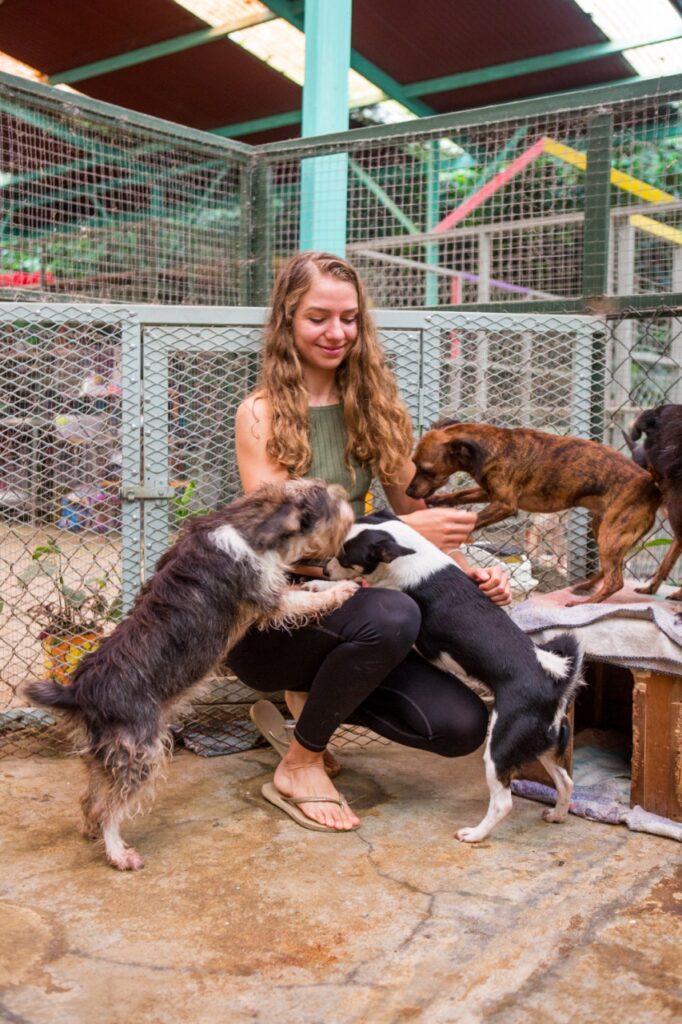
This is the best speech you will ever hear:
https://www.youtube.com/watch?v=es6U00LMmC4&t=7s
And here are some documentaries I really suggest to watch:-
alessia 🧝🏻♀️ cucina vegana nomade 🌎
🌱 Qui trovi ricette nutrienti preparate con amore❣️
🏔️ Esploro luoghi e sapori
🫐 Raccolgo, fermento e imparo dalla natura
all images courtesy of alessia 🧝🏻♀️ cucina vegana nomade 🌎
